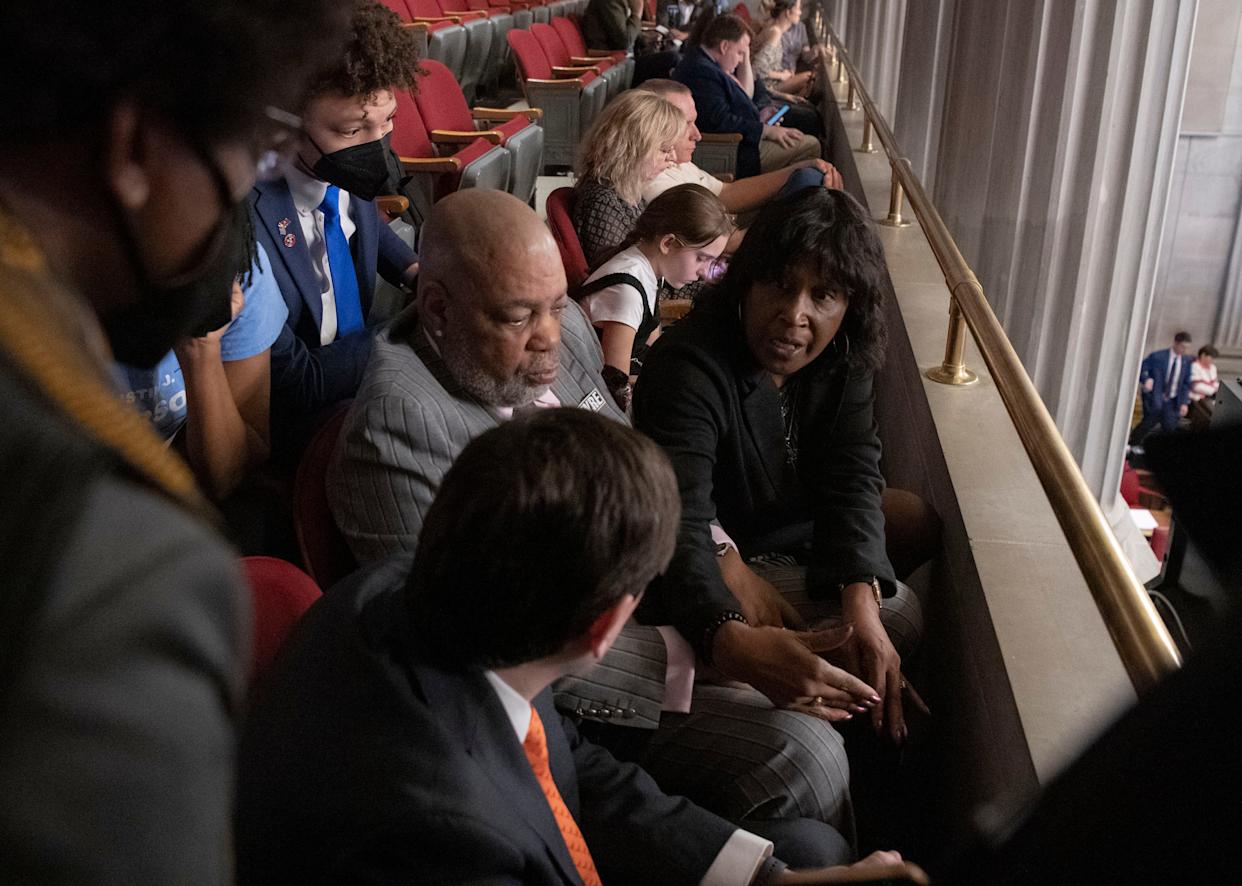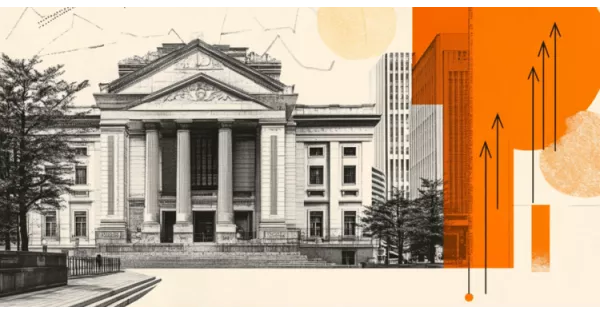Tennessee Governor Signs Bill Blocking Local Police Reforms
On Friday, March 29, 2024, Tennessee Republican Governor Bill Lee signed a bill into law that restricts cities from implementing certain local police reforms. This includes the well-regarded Memphis traffic stop ordinance, which was created following the tragic police beating of Tyre Nichols. The bill, previously passed by the Republican-controlled Tennessee legislature, prohibits cities from enacting measures that hinder law enforcement agencies from fulfilling their duties to prevent and detect crime and apprehend offenders, as allowed by state and federal law.
Background on the Memphis Traffic Stop Measure and Tyre Nichols' Case
The Memphis traffic stop measure, known as the "Driving Equality Act in Honor of Tyre Nichols," was enacted by the Memphis City Council in response to the severe beating of Tyre Nichols, a 29-year-old Black man, during a traffic stop. Nichols sustained serious injuries and tragically passed away several days later. The reform, supported by Nichols' family, civil rights groups, and activists, aimed to address concerns about pretextual stops, which disproportionately target Black drivers and can lead to instances of police violence.
Pretextual stops involve using minor traffic infractions or equipment violations as a basis for investigating motorists for more serious offenses. Supporters of such stops argue that they are essential for combating illegal drug possession, weapons possession, human trafficking, and drunken driving. However, critics contend that these stops contribute to racial profiling and unfairly subject Black drivers to unnecessary scrutiny and potential harm.
Implications of the New Law and Public Response
Although the recently passed law does not specifically mention the Memphis traffic stop measure, it is widely interpreted as a direct response to the ordinance. It effectively prevents cities across Tennessee from implementing similar reforms aimed at curbing pretextual stops. This development has sparked significant discussion and debate, with many expressing concerns about the impact on police accountability and the ability of cities to enact local reforms.
Nichols' parents, RowVaughn and Rodney Wells, have passionately appealed to legislators to reject the bill, stating that it undermines the hard work done by the city of Memphis to pass ordinances in their son's name. They, along with local Memphis leaders, have expressed frustration at being dismissed by state legislators advocating for the legislation.
State Senator Brent Taylor, a Republican and sponsor of the bill, defended pretextual traffic stops as an important law enforcement tool, emphasizing the need for uniformity and consistency in traffic enforcement across the state.
Broader Context and Actions in Other States
The issue of police traffic stops, racial profiling, and police violence has garnered attention nationwide. A January report in California highlighted the disproportionate frequency of stops involving Black drivers. In response to similar concerns, other states and cities, including Virginia, Philadelphia, Minneapolis, and Ramsey County in Minnesota, have taken steps to eliminate or restrict pretextual stops. Philadelphia notably became the first major city to ban police from stopping drivers for low-level traffic violations in 2021.
The ongoing discussions and actions surrounding police reforms underscore the complex and evolving nature of law enforcement practices and the need to address concerns about racial profiling and accountability.





